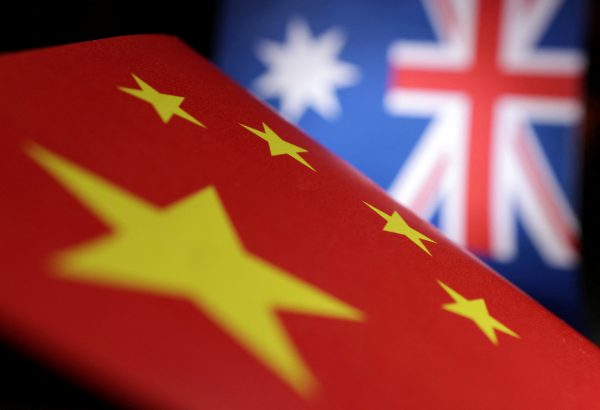A 2023 report published by the Australian Academy of Humanities highlighted the steady decline in China studies in Australia, especially in universities. Students are increasingly ‘[choosing] to study China as a factor in international affairs, rather than the substantive China content that helps us understand China on its own terms’. At one university in particular, more post-graduate students had ‘chosen to study China in the context of international security studies than [had] chosen to study China’s history, politics, language, or culture combined’.
This should not be surprising. After all, Australia has moved away from the ‘Asian Century’ to the Indo-Pacific. The Australia in the Asian Century White Paper, released in 2012, emphasised the need to seize opportunities to engage with Asian countries such as China. The Indo-Pacific, on the other hand, is a distinctively security-focused term. It defines the region in terms of maritime flashpoints. Instead of opportunities and cooperation, the focus is instead on threats and competition. As a result, Australia sees China through a security-only lens, with China often portrayed as the enemy in the national security community.
Australian university students’ decisions to choose international, strategic and security studies over the study of China’s history, language and culture are highly rational. The payoff for studying languages is low. Learning a language such as Mandarin is exceptionally difficult for English speakers. By the end of a four-year degree, a student would have done well if they could speak and read at an intermediate level. But it remains the case that knowing the Mandarin language is fundamental to a high-level understanding of China’s politics and society.
Being literate and knowledgeable about China may not be beneficial to a university student’s career, especially in the Australian Public Service. Spending time living in China and having connections to people in China may lead to extensive delays in getting a security clearance. Long delays may even mean that government departments could rescind their offer and aspiring graduates are left jobless.
Once inside the public service, critical analyses of developments in China may not be appreciated unless they advance the existing government narrative. This is not a problem confined to China expertise — just ask anyone who worked on climate change under some former governments.
China is already seen as the ‘other’ in much of Australia’s media as well as in national security circles. Many people, including some policymakers in Canberra, are not only incapable of understanding China but are increasingly unwilling to understand China on its own terms.
Those who put in the effort to explain to the public why certain developments occur in China or the motivations of the Chinese government are sometimes accused of being China apologists or siding with the enemy. Wild accusations are thrown around carelessly. Strategic empathy — looking at problems from the perspective of another country or another government — has been publicly demonised. For example, in March 2023 The Sydney Morning Herald’s political and international editor Peter Hartcher labelled former prime minister Paul Keating ‘the chief apologist in Australia for the Chinese Communist Party’.
Articles on China that focus on geopolitical tension and a potential war are published in Australian newspapers without much pushback. Sometimes China expertise is unwelcome when discussing wars with China and only national security expertise is seen to be necessary.
Journalists are hard-pressed to find a home for articles on China that are not directly related to geopolitics, such as gender equality or social movements, unless it includes speculation of regime change or links back to the ills of the Chinese Communist Party (CCP). The now-retracted Crikey series on ‘China’s Queer Purge’ ties every evil of China back to the CCP, omitting mention of the transphobia in society or the agency of Chinese people advocating for change.
Seeing China only through a security lens is not in Australia’s national interest. The bilateral relationship is more than national security. It must be built upon a foundation of mutual understanding. This does not mean that Australians must agree with the Chinese government. Rather, having deep knowledge of China’s history would help Australia to counter some of the false narratives from the Chinese government.
A narrow security lens can lead to a serious problem of groupthink. If you only have a hammer, then you tend to see all problems as nails. The government may instinctively reach for security solutions when there are alternative options available.
On a societal level, without an understanding of the social and cultural developments and the plurality of voices inside China, many Australians will see China as a monolith. The danger is that Australians will only see the state and the Party and lose sight of the people.
All these lead to more tensions and conflict and less exchange and understanding.
Yun Jiang is the AIIA China Matters Fellow.


The author protests too much while standing on the soapbox of China exceptionalism.
Australians do care and know enough about China, but are not willing to accept an increasingly inward-looking, totalitarian and expansionist state “on its own terms”.
There are universal human values, regardless how much CCP ideologues try to deny, and China is just not living up to most of them.